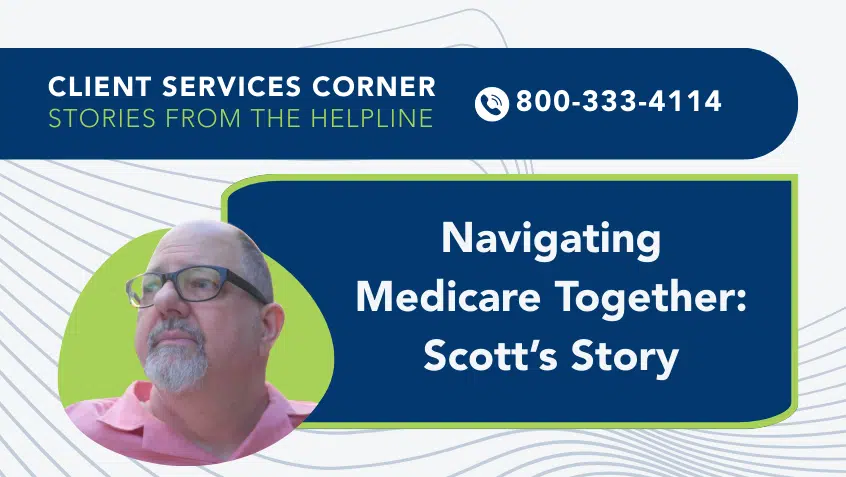Join Us Live for a Discussion on Medicare, Democracy, and the Future of Health Care
Litigation Around Public Charge Rule Continues

A court case that may invalidate controversial changes to immigration rules has had two developments this week. The case, which challenges changes that the Department of Homeland Security (DHS) made to the “public charge rule,” is one of several that have been brought asking courts to review the policy.
The new public charge rule increases the type and number of public programs where enrollment can negatively impact a person’s immigration application or status. Historically, only the use of cash programs like Temporary Assistance for Needy Families (TANF) could be held against applicants. Under the new rule, many programs, including public health insurance, can impact a decision.
This has both a direct impact on immigration and can also cause a chilling effect where even people who are not at risk from the new rule fear to participate in programs for which they or their family members are eligible. For example, while Medicare programs like the Medicare Savings Programs (MSP) and Extra Help were included in the proposed rule, the final rule changes did not include those programs. Some people may still be reluctant to enroll in those programs because they fear further changes or because the fine differences between, for example, the MSP and Medicaid are not obvious.
This week, the district court in Illinois issued a ruling that erased these new rules, finding that they are invalid under the Administrative Procedure Act (APA), which is the federal law that sets out how the administration must obtain and consider public input before making new rules or changing existing ones. After that decision was issued, the government appealed to the Seventh Circuit.
That court issued a stay pending appeal, which means that the lower court’s decision is put on hold until the appeals court reviews the case. DHS can therefore implement the changed rule while the case moves forward.
Read previous Medicare Watch articles about the public charge rule.
Show Comments
We welcome thoughtful, respectful discussion on our website. To maintain a safe and constructive environment, comments that include profanity or violent, threatening language will be hidden. We may ban commentors who repeatedly cross these guidelines.
Help Us Protect & Strengthen Medicare
Donate today and make a lasting impact
More than 67 million people rely on Medicare—but many still face barriers to the care they need. With your support, we provide free, unbiased help to people navigating Medicare and work across the country with federal and state advocates to protect Medicare’s future and address the needs of those it serves.
The Latest
Most Read
Add Medicare to Your Inbox
Sign up to receive Medicare news, policy developments, and other useful updates from the Medicare Rights.
View this profile on InstagramMedicare Rights Center (@medicarerights) • Instagram photos and videos









